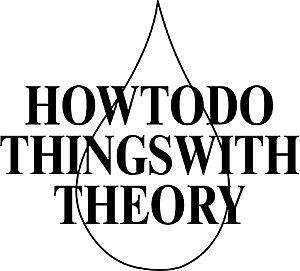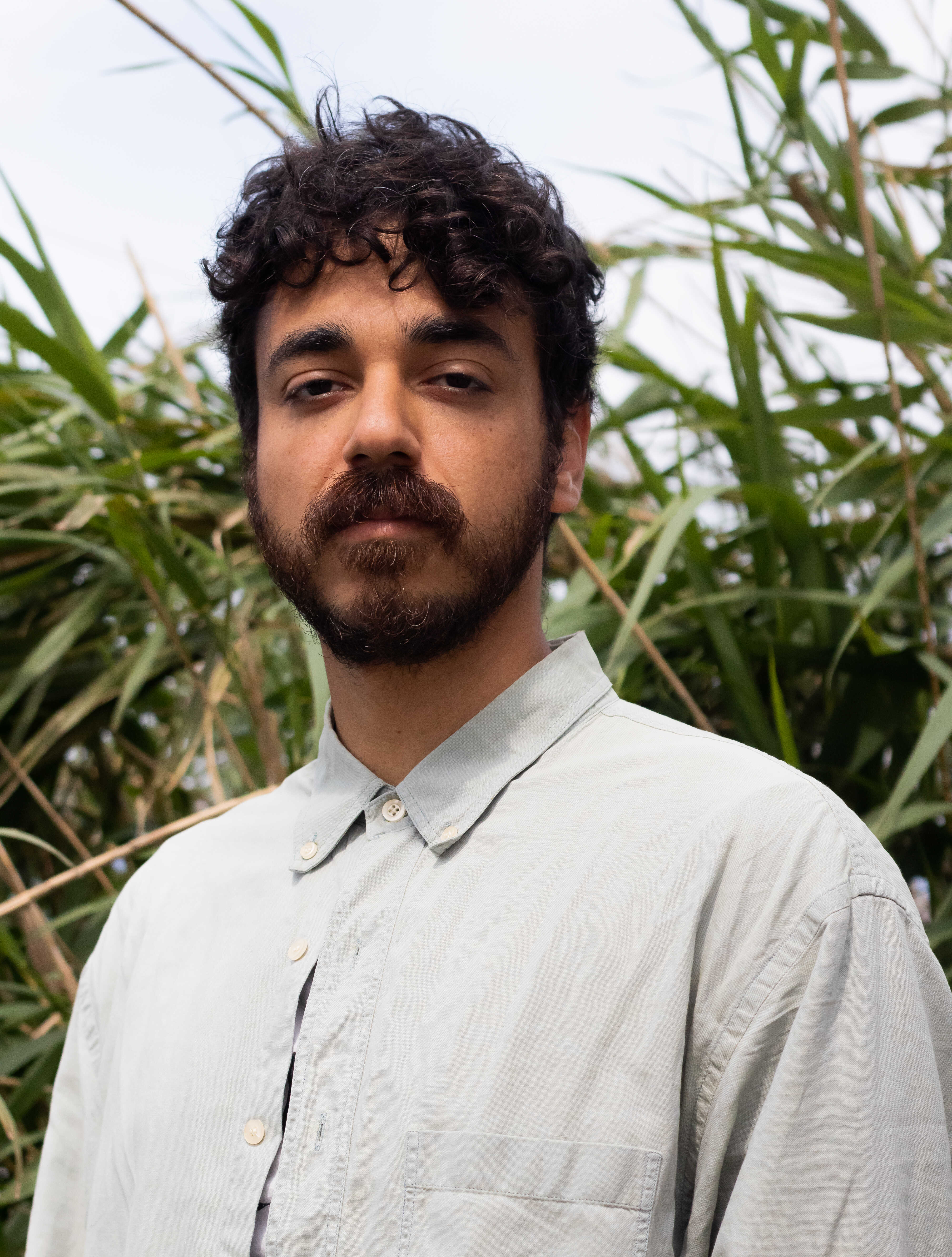Lucas Lugarinho Braga: After Imagination
Thesis Advisor: Ana Teixeira Pinto
Thesis: After Imagination
June 2023
Abstract
Shrouded in mystery and hidden in plain sight, imagination is described as the human faculty that governs the means to envision images of all kinds and shapes. In the wake of dis-courses diagnosing the present crisis in culture as a crisis of imagination, a generation of philosophers have characterized the turn of the millenia as the ominous time where imagination ran dry of its capabilities to generate cultural novelty and design new futures. And thus, what was once theorized as an abundant and seemingly endless source of innovation, has been stripped from its infinity, seemingly running dry of any drop of newness while reproducing endless iterative pastiche. Given the aforementioned context, the present thesis proposes to examine the con-cept of imagination within western traditions of philosophy, with a special emphasis on the histo-ry of its limitations (or lack thereof).
The question of the proper role and concept of imagination is, I will argue, easier to grasp as a question about limits, be they material or otherwise. While this subject is often articulated in terms of the limit of form aesthetically or the limit of order philosophically, imagination could be perhaps more precisely construed alongside its ties to the limited/unlimited world-making capacities of imperial powers. World-making and world-unmaking then appear as an intimately connected processes in the modern era, with the former feeding on the latter.
Borrowing a methodology developed by the field of computational complexity, “After Imagination” catalogs three historical projects in regards to their understandings of imagination as a resource and the feasibility of achieving its exhaustion. By doing so in tandem with the analysis of modern media, I expect to identify these historical projects' "political aspirations, as well as which aspects of these conceptualizations have endured in our common contemporary understanding of imagination. First, through an analysis of Thomas Hobbes' Leviathan, the thesis suggests that the absolutist imagination!s main goal is to tame previously folk notions of imagi-nation in order to properly enact the role of the sovereign, as a means to strip imagination out of its once attributed influence. Secondly, by journeying through the origins of the aesthetic categories of the sublime and the beautiful, we!ll address the relationship between the enlightened imagination and the imperialist desire to claim the boundaries of cultural otherness while propa-gating its singular project. Lastly, we!ll proceed to unfurl the role of modern art in personalizing and generalizing imagination as a space for extractivism, drawn under the premise of artistic freedom alongside Hegel's notion of bad infinity.
What these historical analogies of imagination and the exploitation of natural resources reveal, when put together with the evolution of its attributes and roles, is that the alleged crisis of imagination appears as a symptom of the ongoing global ecocide. Through the perpetuation of the global colonial framework, put in practice with aid of the instrumentalization of imagination, the climate catastrophe of the Anthropocene can be read as the conflict between physical and imaginary ecologies who, mutually dependent on the same resources, invariably antagonize one another. Upon that proposed predicament, the thesis reaches its finale by advocating towards the necessity of an anticolonial mode of imagining that does not rely neither on novelty nor on nos-talgia in order to enact social change.
Author: Lucas Lugarinho Braga


